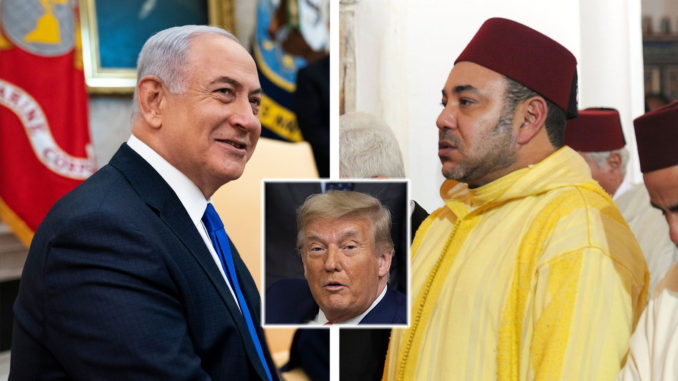
The December 10 announcement of the reestablishment of diplomatic relations between Morocco and Israel marked the fourth Muslim-majority nation in the past four months to officially “friend” Israel. But it was different from September’s historic Abraham Accords linking the Jewish homeland with the United Arab Emirates and Bahrain in the Persian Gulf, and different from October’s normalization agreement with Sudan.
“Morocco and Israel have been on the same side geopolitically for decades,” said Tel Aviv University Prof. Bruce Maddy-Weitzman, associate professor of Middle Eastern and African history and senior researcher at the university’s Moshe Dayan Center for Middle Eastern and African Studies.
“The Israel-Moroccan relationship has existed on the security, economic and diplomatic level, even on the cultural and personal level, for many years,” Maddy-Weitzman told members of the foreign press Thursday night.
“Morocco opened a diplomatic office in Israel in 1994 after the Oslo Accords, but closed it in October 2000 following an Arab League resolution calling for cutting of ties with Israel. However, the relationship continued over the following two decades. King Mohammed VI didn’t see a need to formalize that relationship until now.”
The time was right, says Maddy-Weitzman, because the Trump administration offered Morocco recognition of official sovereignty over the Western Sahara—a critical foreign-policy issue for Morocco since the mid-1970s—in return for normalization with Israel.
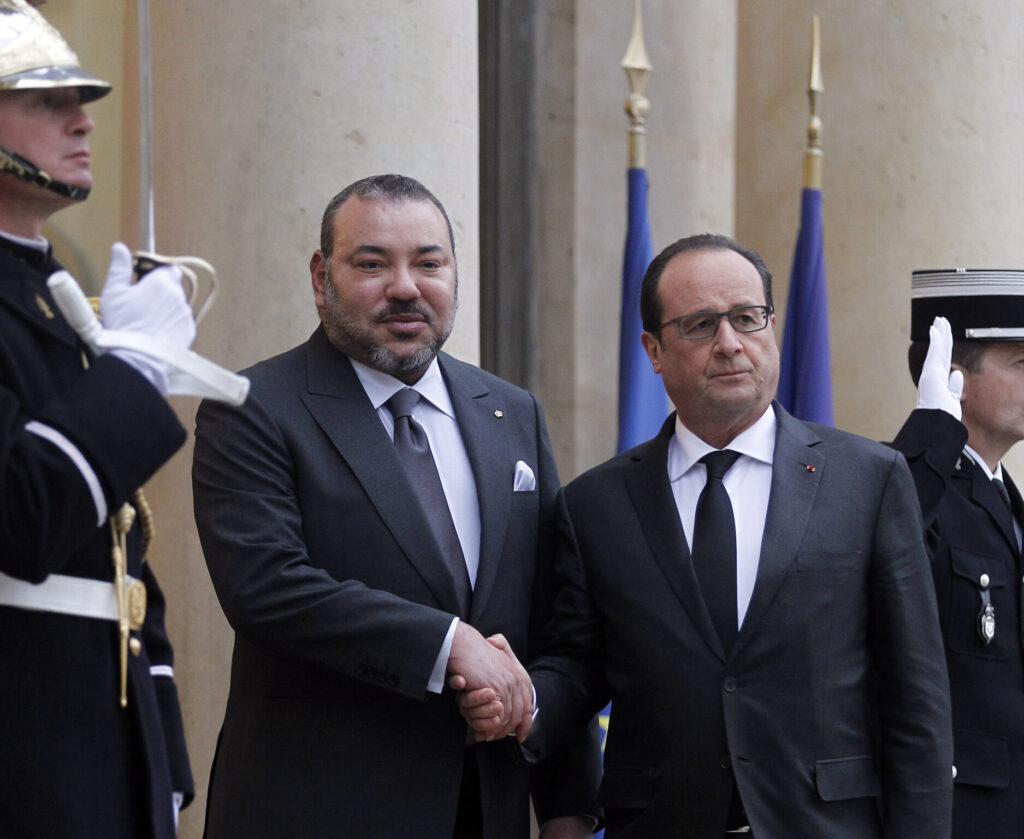
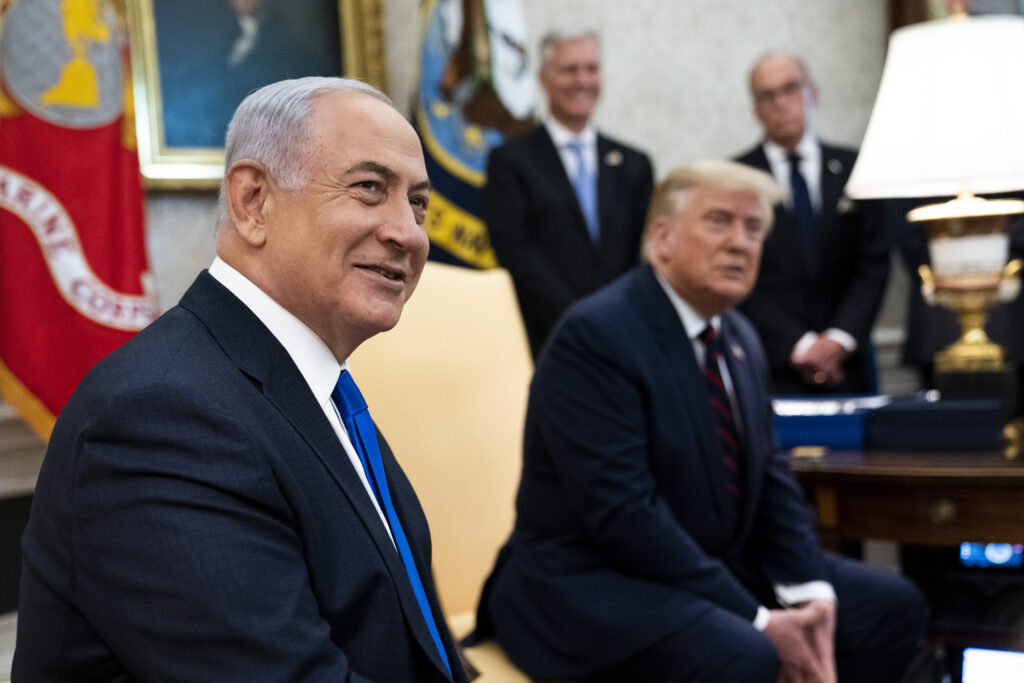
“The Abraham Accords with Gulf states that are allies of Morocco gave Morocco some political reinforcement to pay the price for recognition that it wasn’t willing to pay for the past 20 years,” he explained.
The agreement came after a phone call between President Donald J. Trump and King Mohammed VI of Morocco. A White House readout of the call noted that the “King agreed to resume diplomatic relations between Morocco and Israel and expand economic and cultural cooperation to advance regional stability.”
Trump noted that Morocco was the first country to recognize America’s independence from the United Kingdom in 1777.
Contested territory becomes more Moroccan
The United States’ recognition of the Western Sahara as part of Morocco comes at a critical point for the kingdom. Spain ceded the territory to Moroccan and Mauritanian control in 1975 but Mauritania abandoned its claims in 1975. The Polisario Front, long recognized by the U.N. as the legitimate government of the region, then launched an armed struggle for the region’s independence.
The U.N. in 1991 brokered a ceasefire between Morocco, which today controls two-thirds of Western Sahara’s territory, and the Polisario Front, which controls the remainder.
America’s recognition of Moroccan sovereignty comes as a growing number of African countries have opened consulates in the disputed region or downgraded ties to the Polisario Front. Both Guyana and Bolivia have suspended recognition of the Polisario-controlled region in the past year.
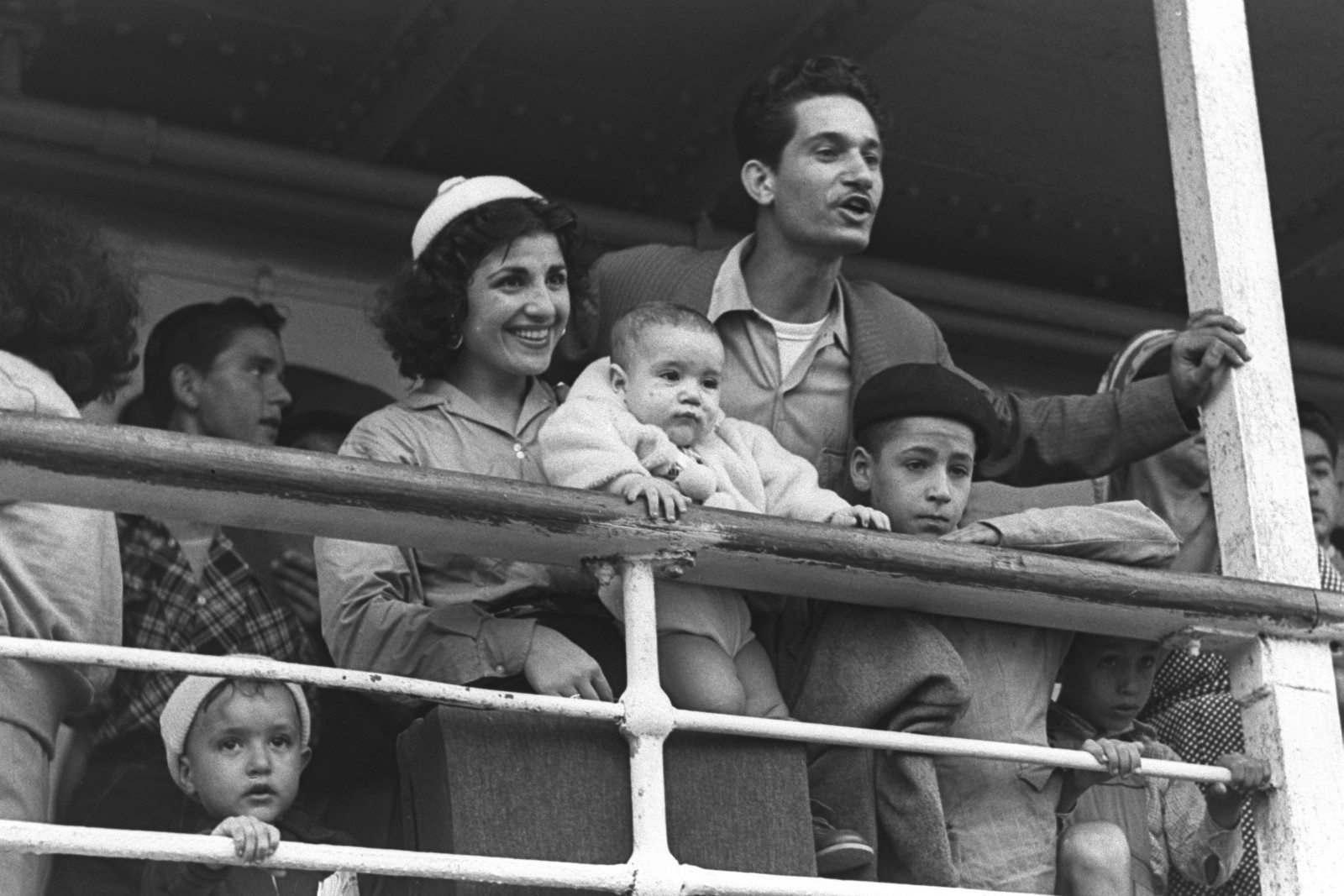
The Polisario Front announced a resumption of war with Morocco over the territory last month, with sporadic clashes following. In a press statement, the Polisario condemned the new peace deal as a violation of the “principal of self-determination” but without any mention of Israel.
Adl Wal Ihsane, an Islamic opposition group outlawed in Morocco, also condemned the deal as an unjustifiable compromise since it opposes recognizing Israel.
“We refuse to barter a parcel of Palestine in exchange for the recognition of our sovereignty over our lands,” the group, whose name translates to “Justice and Spirituality,” said following the deal.
Others were more positive.
“The Abraham Accords are a positive sign not only for Israel but also the countries with which normalizations are happening,” said Aynur Bashirova, an analyst, focused on Israeli foreign affairs in a statement to Zenger News.
“After decades of diplomatic stagnation, the region’s geopolitics seems to be finally refreshing itself and shedding its old skin.”
Israel on a roll
Morocco is the fourth Arab League member state and the second in Africa, after Sudan, to recognize Israel in recent months. The deals involving Morocco and Sudan are in some ways more significant given units from both forces deployed to Egypt during the 1967 Six-Day War and the 1973 Yom Kippur War.
The United Arab Emirates and Bahrain had never been at war with Israel.
“Morocco will establish full diplomatic relations and resume official contacts with Israel,” White House adviser Jared Kushner said on a media conference call to explain the terms of the deal. “They will grant overflights and direct flights to and from Israel for all Israelis. They’ll reopen the liaison offices in Rabat and Tel Aviv immediately, with the intention to open the embassies in the near future.”
Morocco is home to the largest Jewish population in Arab League and other Arab countries outside of Israel, with an estimated 2,500 Moroccan Jews. Prominent Moroccan Jews include André Azoulay, an adviser to King Mohammed and also the father of Audrey Azoulay, the current head of UNESCO. Roughly 1 million people in Israel can trace their lineage to Morocco, and an estimated 50,000 Israelis visited the country each year before the Covid-19 pandemic slowed travel worldwide.
“The King of Morocco and his father and his grandfather have always been very tolerant and good to the Jewish people, particularly in World War Two,” Kushner said in the conference call.
Economic, geopolitical, cultural benefits
Israel stands to benefit from the deal, reaping more than just tourism shekels.
“There is room for economic development, trade and technology transfer. Israeli expertise has a good name and there’s no reason the Moroccans wouldn’t want that,” Maddy-Weitzman said.
Perhaps even more significant, “Morocco has importance geopolitically and is part of the anti-Iranian club of monarchies” and an influential member of the Arab League even though it does not define itself as an Arab state, he said. “Israel becoming an accepted, recognized and legitimate state in the region is a significant development and carries weight in ways that cannot be measured.”
Morocco had the largest Jewish community in North Africa until 1948, when the establishment of the State of Israel triggered riots and started the exodus of about a quarter-million Jews by 1967, the majority coming to Israel.
Israelis of Moroccan heritage have continued to identify proudly with Moroccan culture, and Israeli tourism to Morocco has been going on for years, Maddy-Weitzman added.
Moroccan Jewish history and culture will soon be part of the national school curriculum—a decision that “has the impact of a tsunami,” said Serge Berdugo, secretary-general of the Council of Jewish Communities of Morocco.
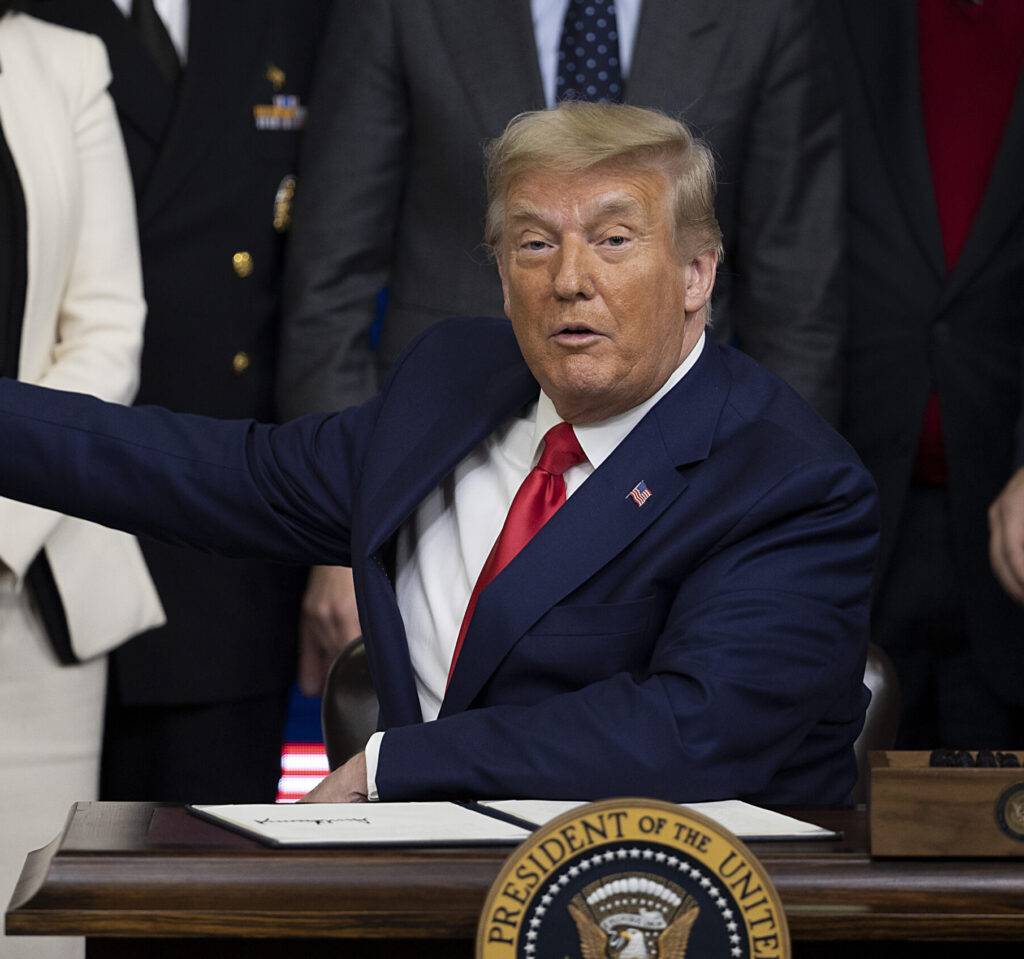
The door is open
Danny Danon, who recently finished a five-year stint as Israel’s ambassador to the United Nations, said he enjoyed a “very friendly” professional relationship with his UN counterpart from Morocco.
“Morocco is a door-opener to the Arab world and Africa, and what we did quietly before we can do publicly with them now,” Danon said during a virtual meeting with the press.
Danon and Maddy-Weitzman acknowledged that Morocco is not yet looking to open an embassy in Israel, but to restore the level of diplomacy that existed before 2000.
“We will have diplomatic representatives and direct flights,” said Danon, whose father and in-laws were of Moroccan descent. “Our eventual goal is full diplomatic relations with an Israeli embassy in Rabat.”
Danon said to expect “more Arab countries that normalize relations with Israel”. It’s important for us to export more knowledge, build more bridges and develop relations with more countries in the region.”
Meanwhile, on December 12 Israel announced normalization with Bhutan, a small nation between China and India whose majority religion is Buddhism.
Danon said there is no connection between the Morocco and Bhutan agreements.
“Bhutan isn’t eager to establish foreign relations in general, so it sends an important message that it is officially engaging with Israel,” he said.
Danon noted that of the 193 UN member states, Israel now has official relations with close to 170, “and with many others we have relations that are not public.”
Portions of What Israel and Morocco will gain from reestablishing ties appeared first on ISRAEL21c.
(Edited by Virginia Van Zandt and Alex Patrick)
The post Israel and Morocco Stand to Gain from Ties as U.S. Recognizes Moroccan Claim to Contested Territory appeared first on Zenger News.
